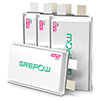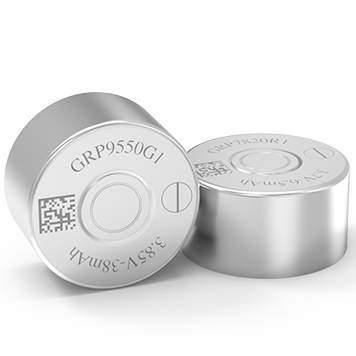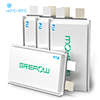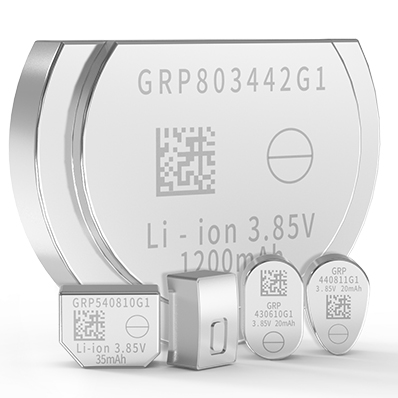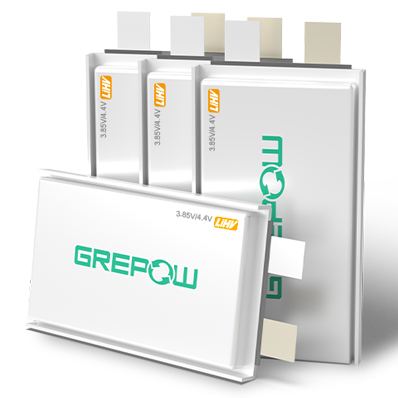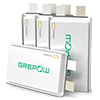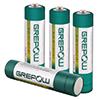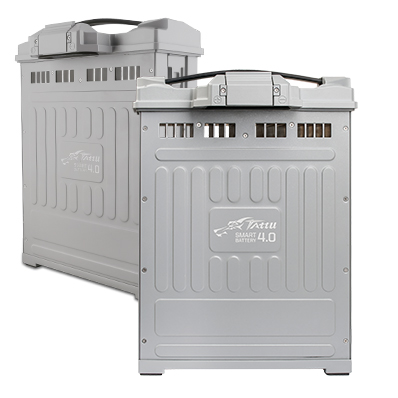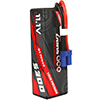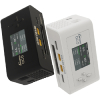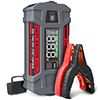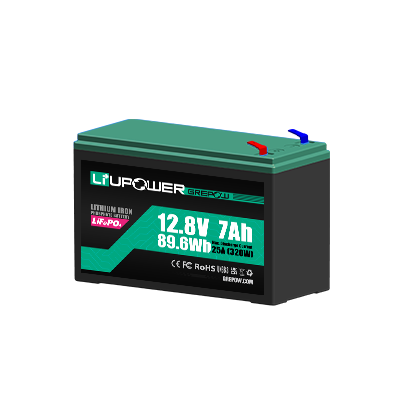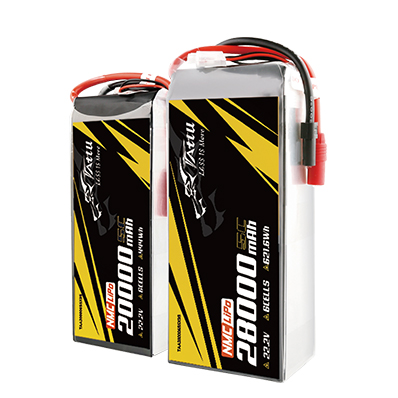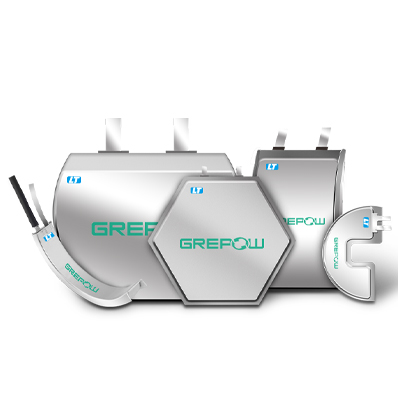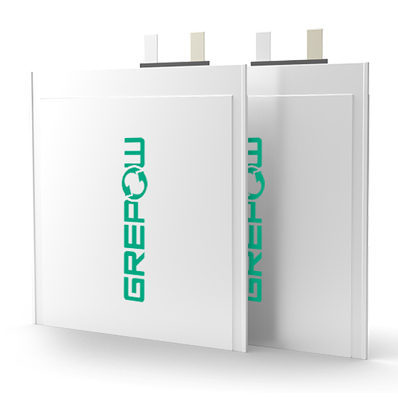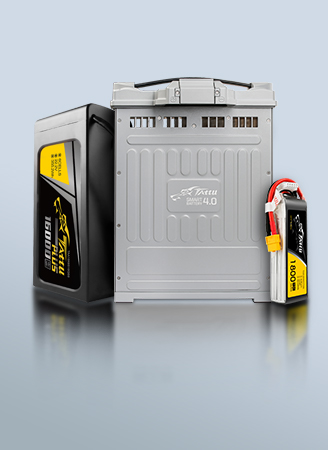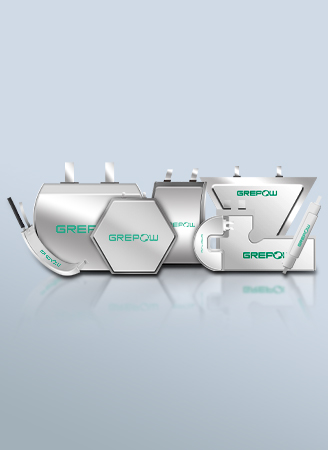How do Novel Battery Drive Innovation?
Today, everyone is tied to the high-speed train of technological progress. The introduction of new technology is almost always a competition between different models. Few people think about improving the quality of products or services so that consumers can have a better consumption experience. Because you haven't settled down to make a good product yet, you've got the next competitor that's going to disrupt the whole business model. Every time you turn around, another company comes out with a breakthrough product that claims to have a profound impact on our lives and work.
But how often do consumers actually experience disruptive innovation, as smartphones and cloud computing have done in our lives? Many of the new products hitting the market today are not shocking but merely upgrades to their predecessors -- perhaps with a smaller footprint, faster processors, more attractive packaging or additional features. These upgrades often overwhelm customers, with no compelling reason to justify the price increases that accompany them.
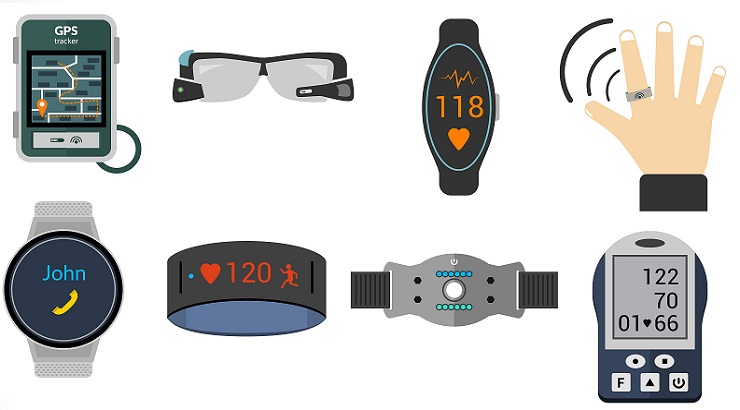
Consumers want disruptive technologies that can really improve their lives, whether at work, at home or in games. That's what product manufacturers want to offer. So what's holding them back?
Limitations of conventional batteries
The challenge is not to imagine exciting new products. Suppliers are good at this. Conversely, when it comes to consumer-centric electronics, the culprit is usually conventional, rigid and chunky batteries, which limit the batteries designed around them. But it doesn't have to be this way. The development of Grepow's novel battery can stimulate a whole new level of product differentiation. Even after years of use, the batteries are still an unfamiliar concept to many product designers accustomed to conventional off-the-shelf energy storage in a rigid and fixed shape. Some people find it hard to believe that batteries are curved and still maintain their performance and safety. As a result, they designed their products around rigid battery parameters.
Novel battery commitments to flexibility
Fortunately, even for mass production, novel battery technologies are now available. Despite the appeal of novel battery technology, we find ourselves having to reassure manufacturers that novel batteries are as reliable as their rigid ancestors. Our tests show that the novel battery has strong performance integrity. Not only can they be the ultra-thin battery, as thin as 0.4mm, but they can also be made into curved batteries, which have roughly the same capacity as non-curved batteries, without compromising performance.
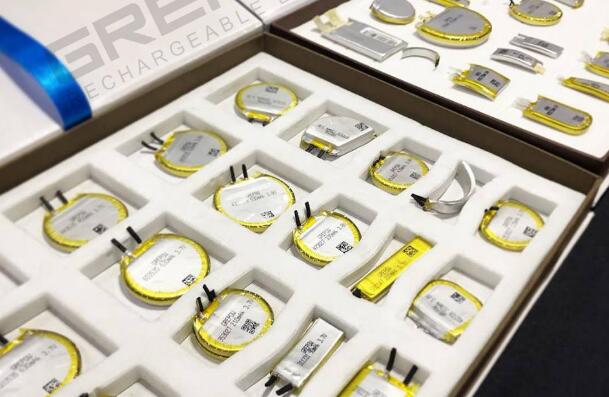
This flexibility gives designers and engineers new latitude in hardware design: manufacturers can now place batteries in previously impossible or impractical Spaces. Take smartwatches. Engineers can embed special thin batteries in the watchband to increase the available energy or extend battery life, rather than just keep the battery in the head case. With the growing demand for wearables and audio devices, smart clothing and other personal battery-powered products, consumers want more natural experiences. Unlike stationary off-the-shelf energy solutions offered in a limited range of dimensions and capacities, the novel battery can be customized to size, thickness, and capacity, enabling the development of smaller, lighter, and more comfortable products.

The other problem with rigid batteries is safety. Advances in electrolytes have made novel batteries safer. The latest polymer electrolyte is safer because it does not contain liquid that would leak if the battery were punctured or punctured - but it still has the same high ionic conductivity. This is a huge advantage for wearables makers in medical devices, sports equipment and fabrics, industrial applications and consumer electronics. Knowing that their devices contain more secure components not only gives manufacturers and consumers peace of mind but also increases adoption and usage.

Staying competitive in any technology-driven market requires constant innovation. In order to rise above adversity, companies must be fearless in accepting progress that stands out in the marketplace. Battery choice is critical to your hardware design - especially if the consumer will have direct access to the battery. The performance inherent in the next generation of novel batteries and enhanced security allows you to free up time to create disruptive products that provide compelling user experiences. For more information, visit the novel battery.
Related Articles
-

Building an FPV Drone: A Deep Dive into the Technology
2025-06-30 -
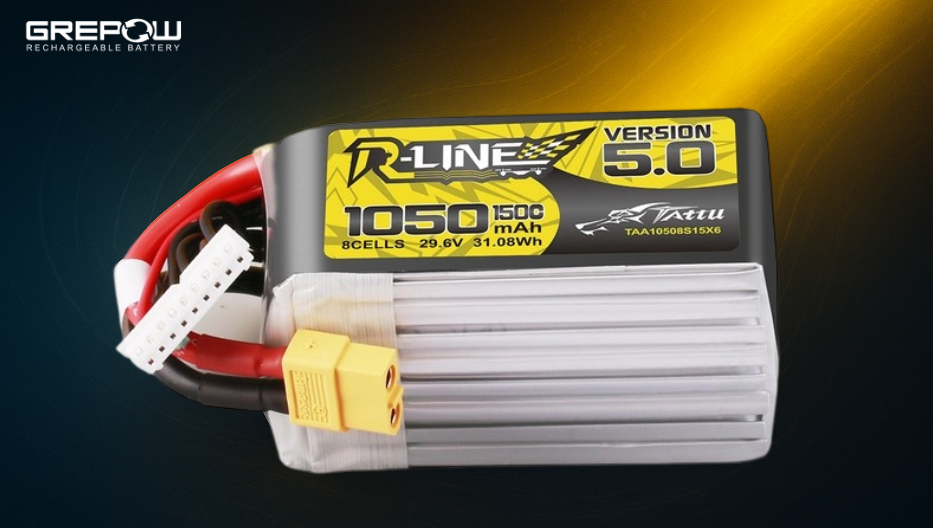
What is an 8S LiPo Battery?
2025-06-20 -
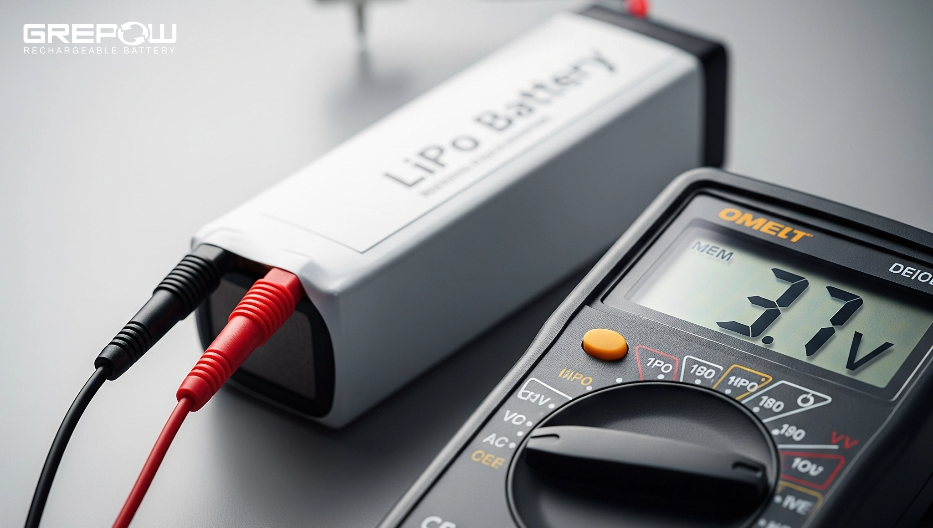
What Is the Voltage of a LiPo Battery?
2025-06-17



